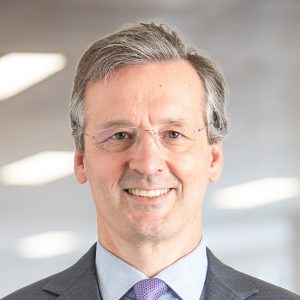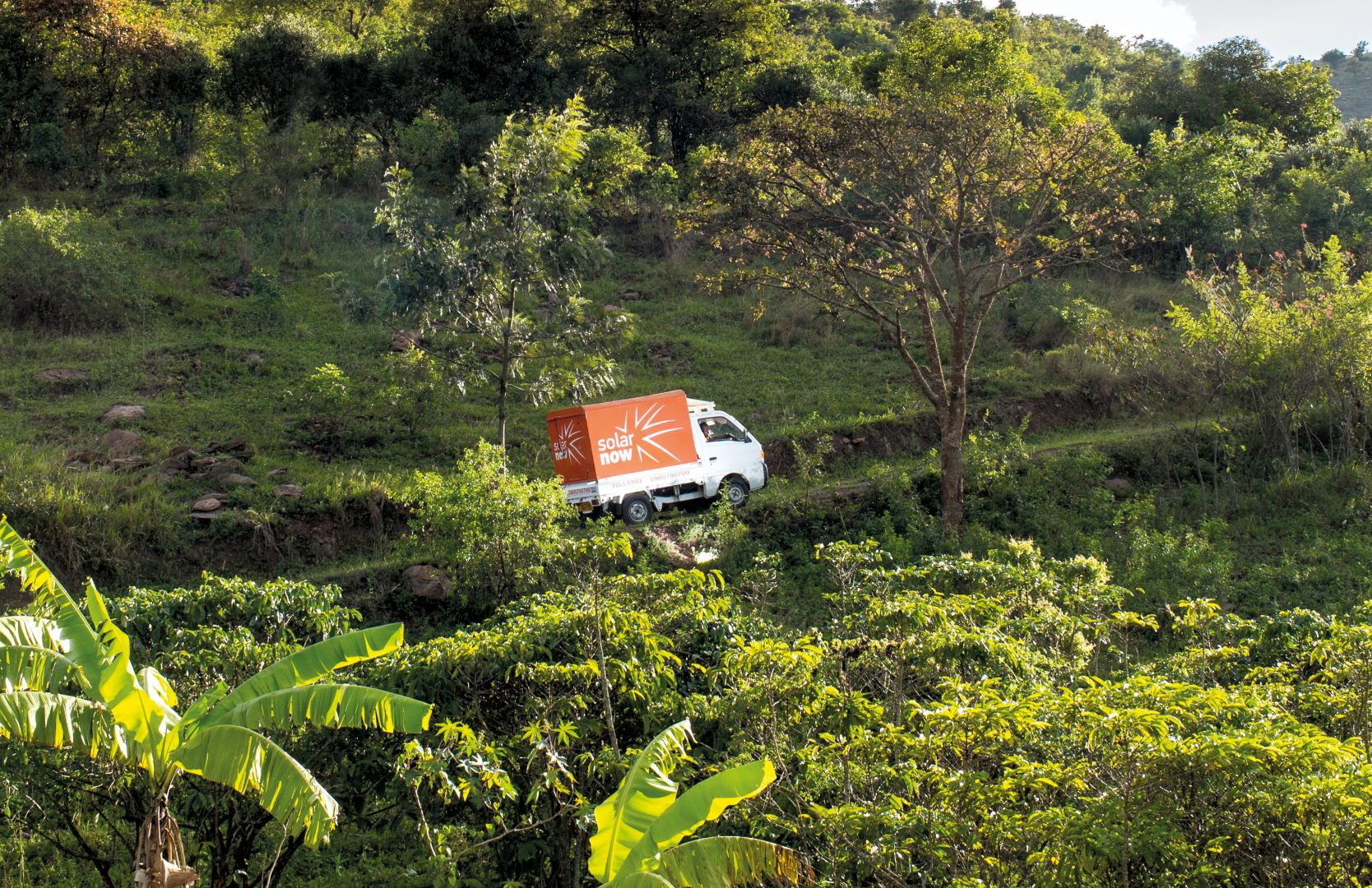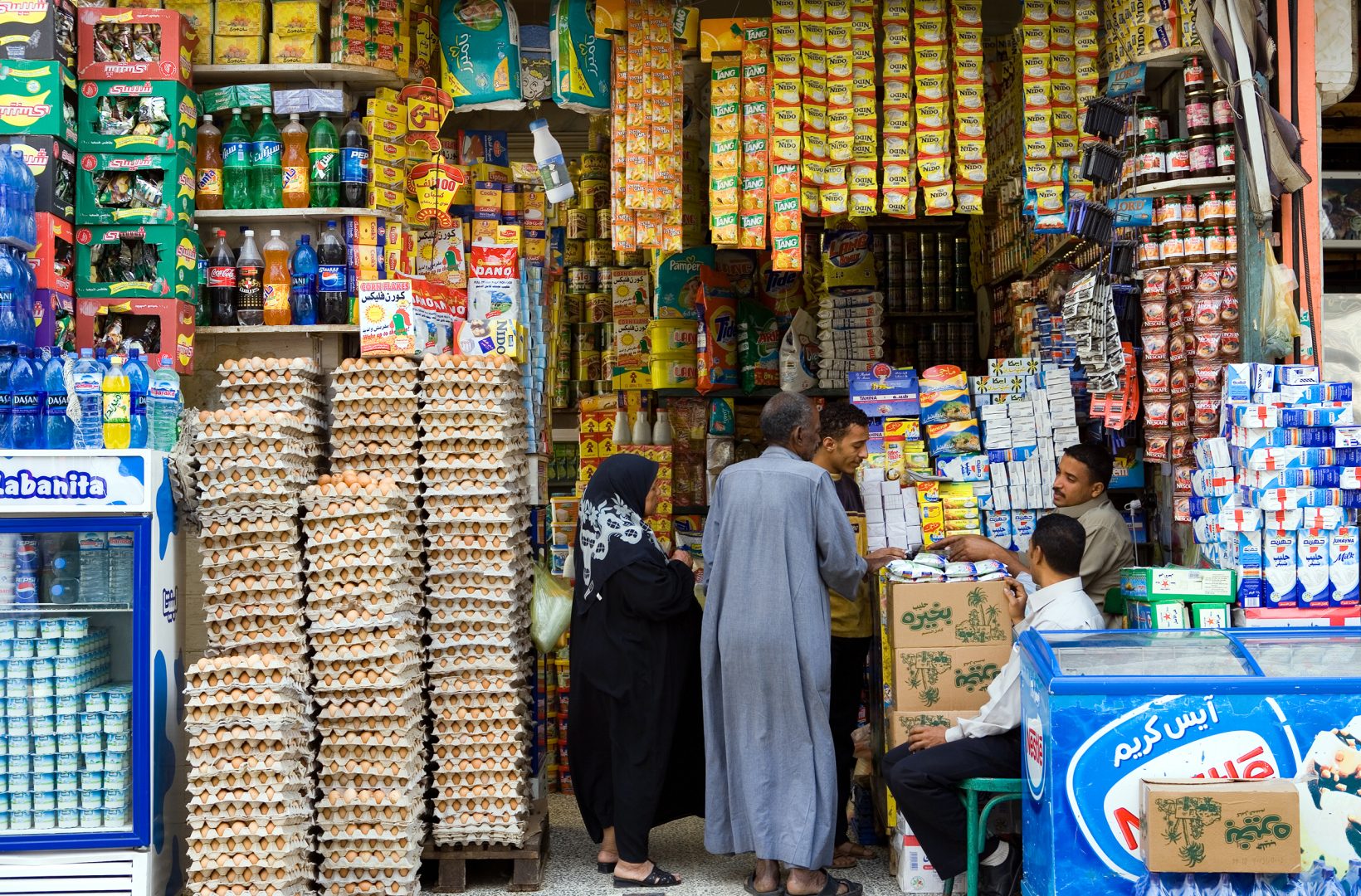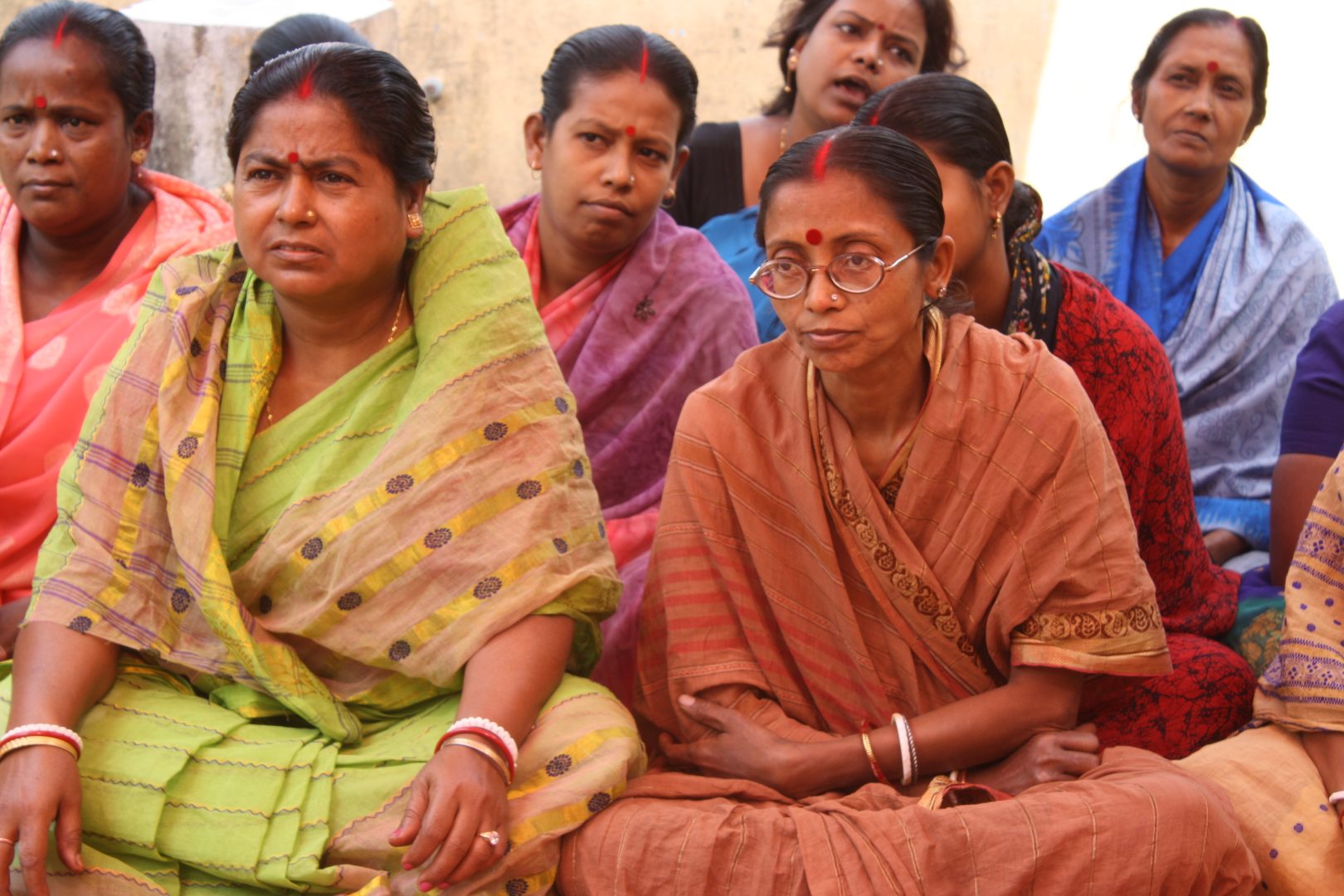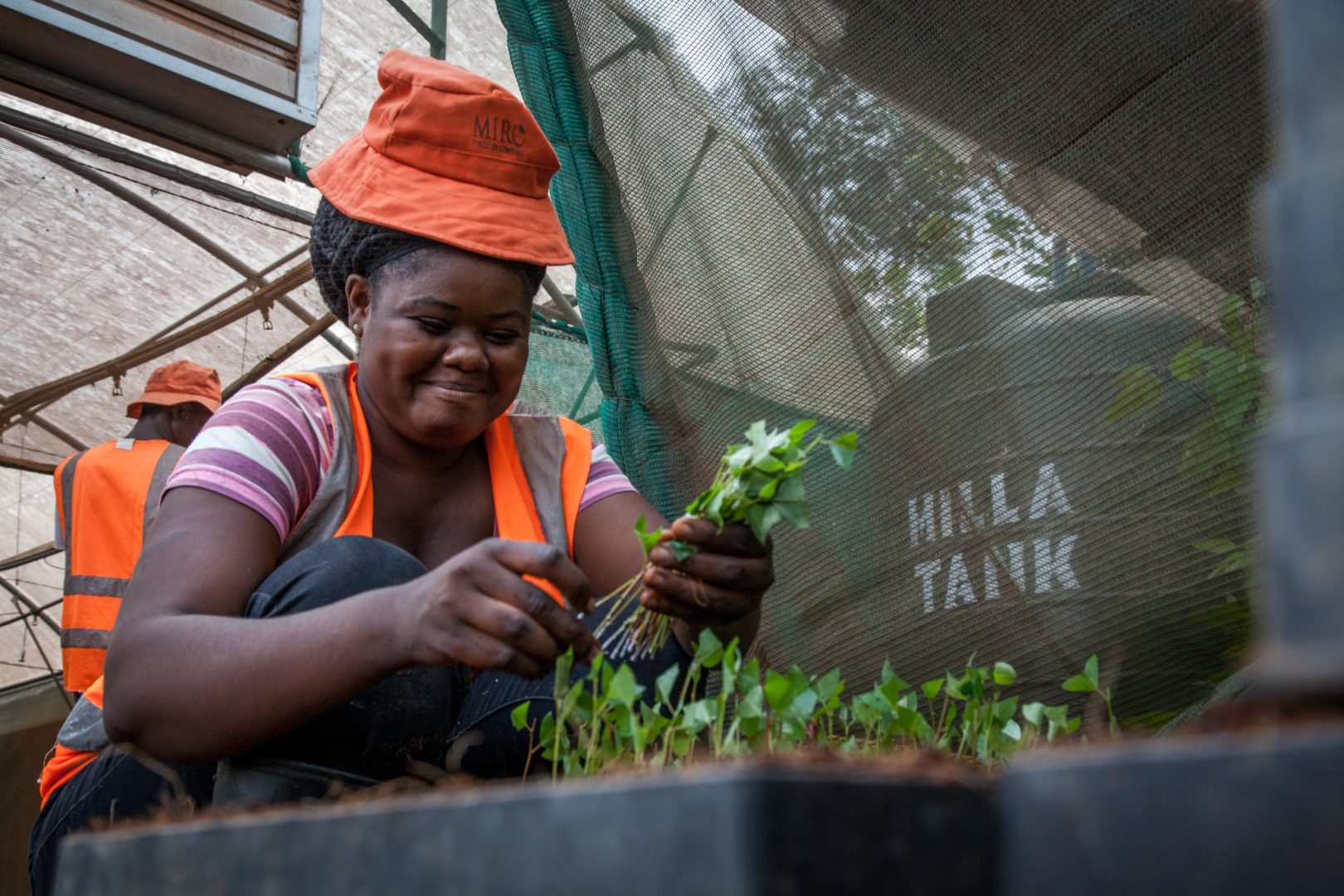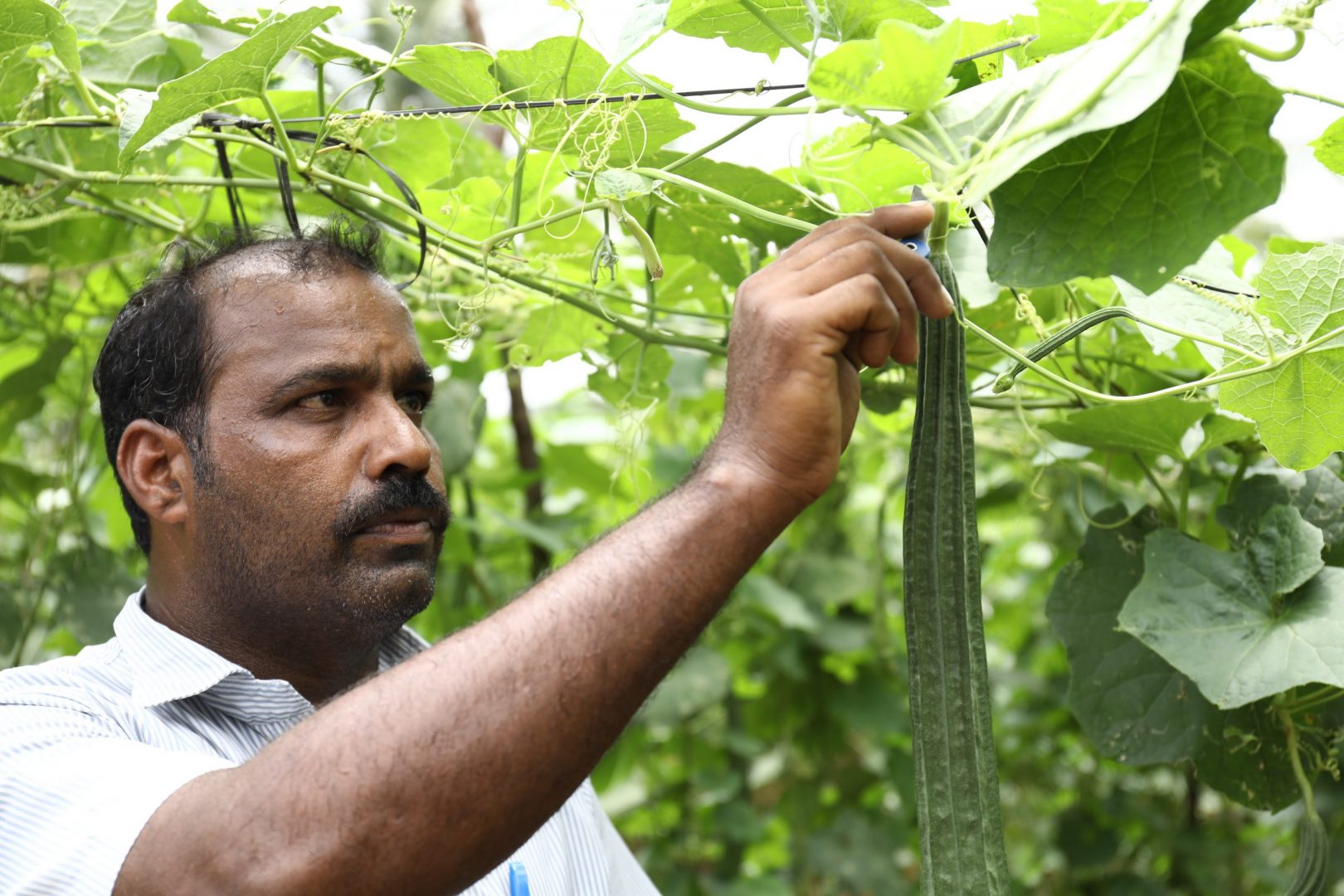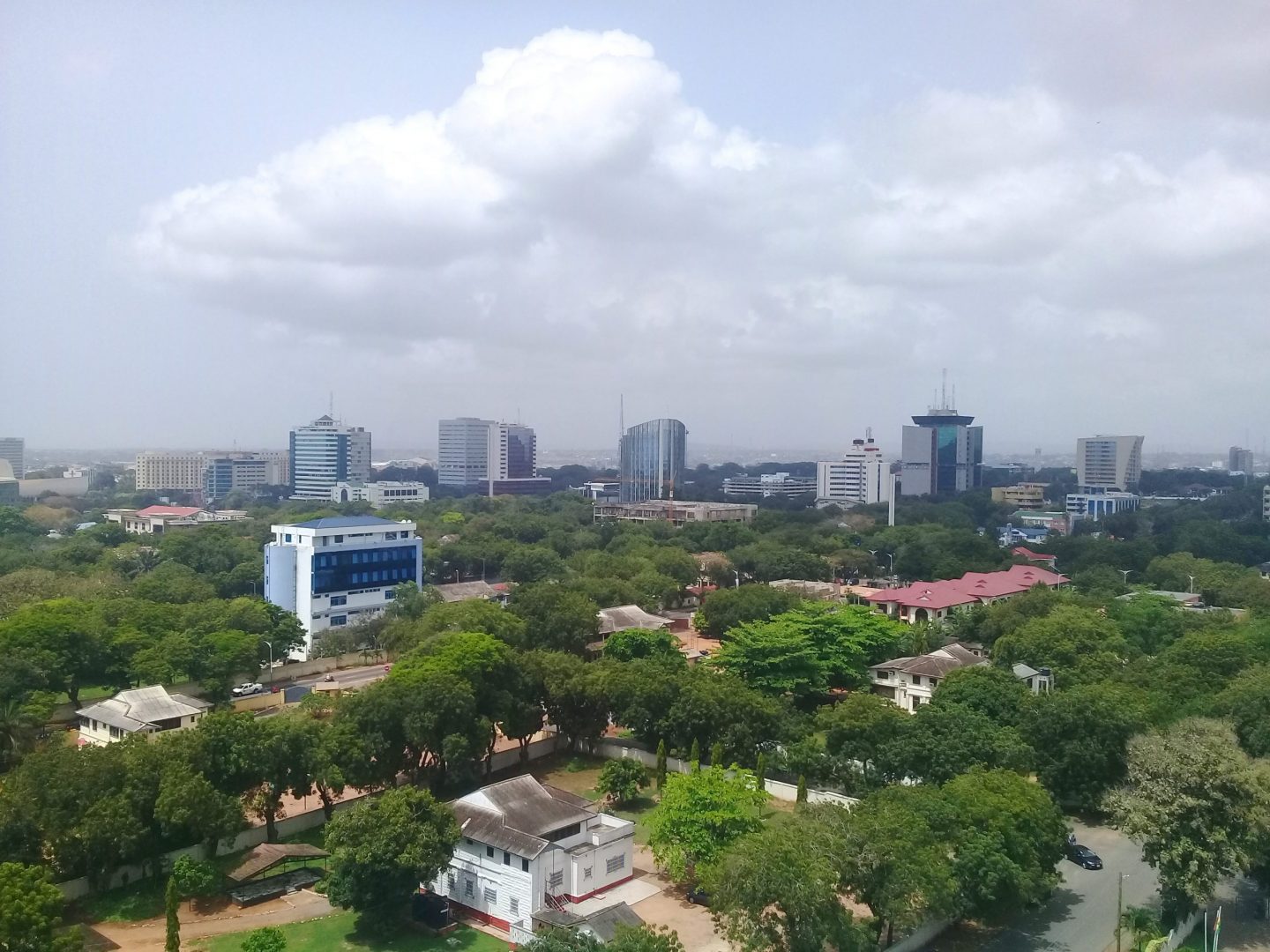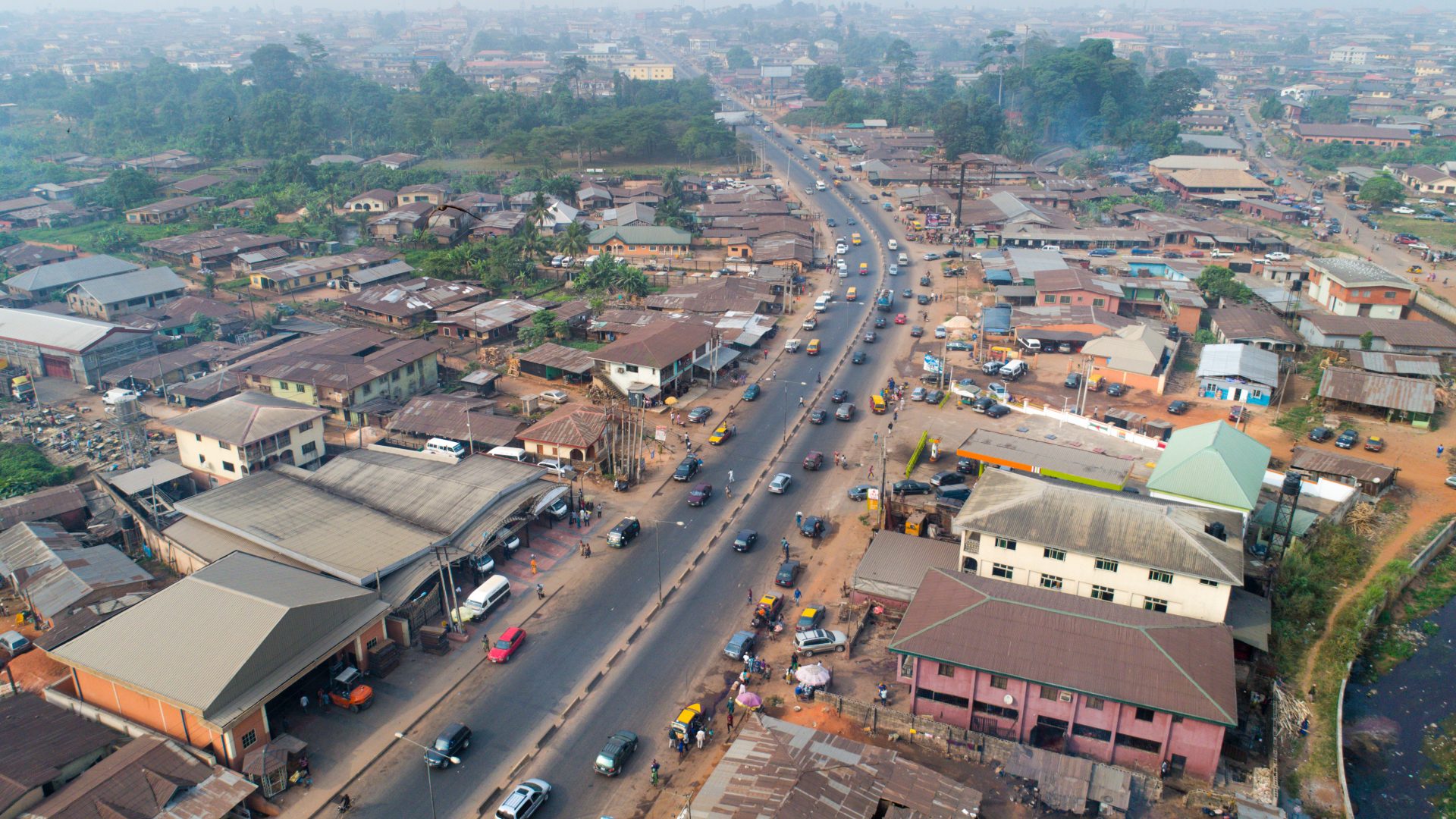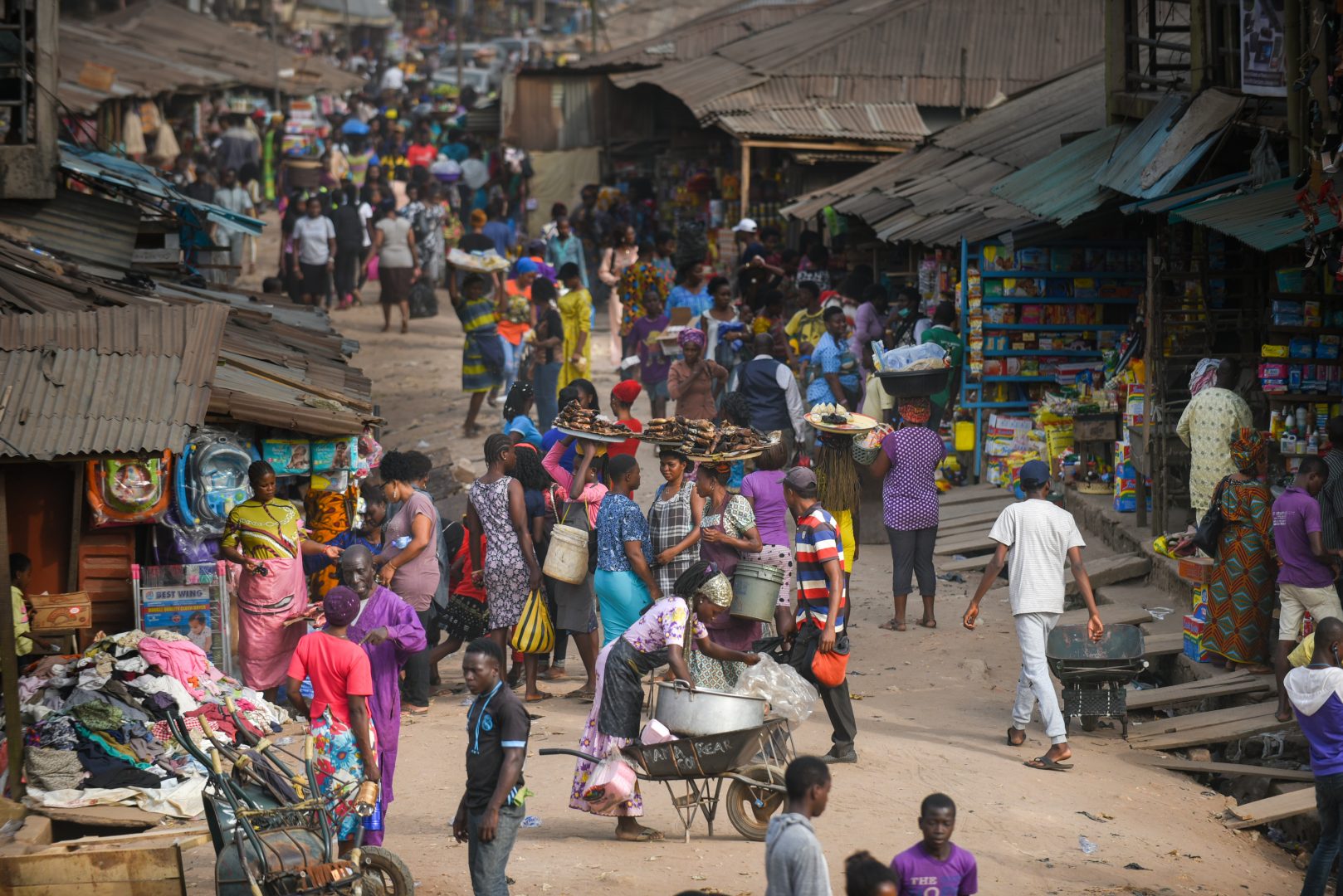What does the future hold for development finance?
I believe that the founders of CDC would feel proud of their legacy and what has been achieved in the 70 years since they made their first investments to help some of the world’s poorest nations grow.
They would be proud of the work and determination of so many people and the difference it has made on the ground, where it matters. And they would be proud that the UK has played a leadership role in the global development agenda.
But I expect they would also ask whether we have, globally, come far enough over the last seven decades to ensure that prosperity and opportunity is brought to everyone.
They would take comfort from the fact that the lives of most people in the poorer countries have improved since 1948. Fewer people are hungry, more people have jobs, mortality rates have declined, life expectancy has increased, and many more children – especially girls – are receiving, and completing, an education.
They would certainly be proud that CDC, through so many different investments, has made real and tangible differences to people in some of the world’s most deprived areas. And I believe they would feel, as I do, that economic development, led by the private sector, has been responsible for a large part of these changes and has helped to pull two billion people out of poverty in the last 30 years alone.
But they would also point out that there is still so much more to do. The statistics show that we must rise to a growing challenge. Over the last five years, Africa has had the highest population growth of any region in the world. By 2050 a quarter of the world’s population will live on the continent and the majority will be young people. That’s a challenge not only in terms of creating employment, but in meeting education, health and other needs, too.
This is why CDC is as important and relevant now as it was 70 years ago.
I also believe our founders would be envious of the opportunities we have at our disposal today. Technology and innovation is bringing the world and ideas closer together. A journey to Malawi from London 70 years ago would take six weeks. Today that journey can be completed in just 12 hours. Even more impressively, better connectivity means we can communicate in an instant.
Furthermore, we are located in the world’s largest international financial centre at a time when more and more people are ask ing how their investments can play a bigger role in funding economic growth in the world’s poorest countries. They knowthat the challenge of achieving the Global Goals can only be met through mobilising investment and supporting private sector solutions. We will use our experience to encourage more individuals and institutions to invest in our markets.
With the support of DFID, we can think long term, provide patient capital and take risks that others would be unwilling or unable to do. This allows us for example to support off-grid solar to reach some of the 600 million people in sub-Saharan Africa who still live without access to electricity, and to put funding mechanisms in place to bring down the price of medicines.
Our commitment is to keep the development agenda front and centre in everything we do, and remain focused on harnessing the best talent and the best ideas to deliver results for the world’s poorest people.

